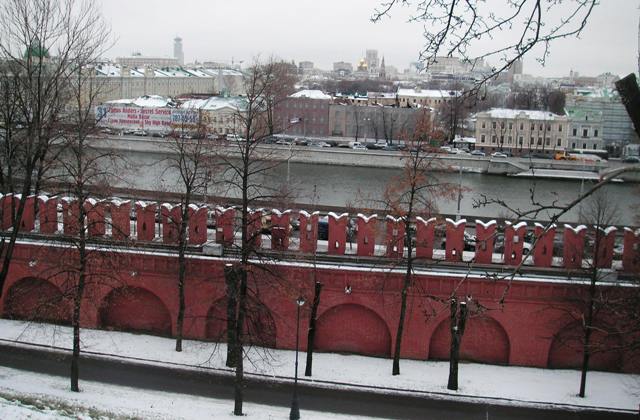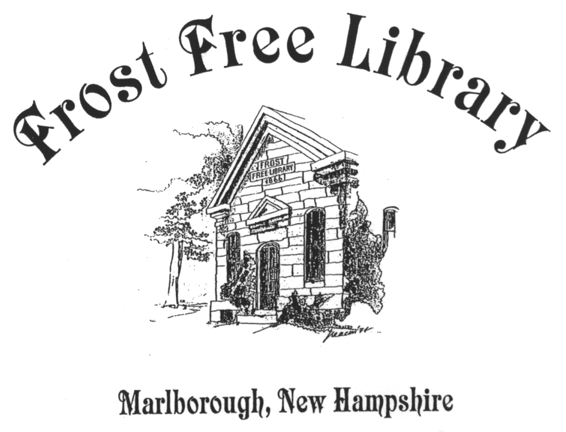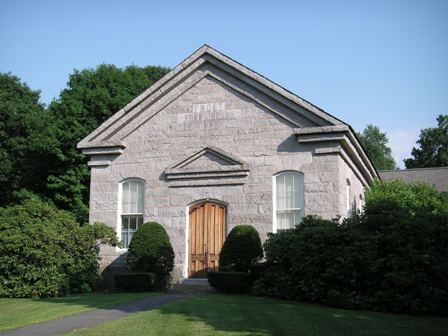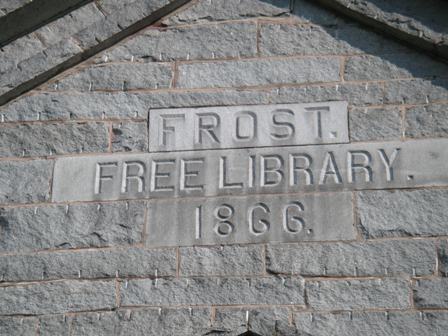
"People who like this sort of thing will find this the sort of thing they like." (Lincoln)
| |
| Goodies |
|
c words: Constitution, constitution, constitutionalism A Constitution is a written plan of government that allocates government power. Noting the capital C in Constitution, the United States has a Constitution as do other countries like France, Russia, India, and Brazil. But, for that matter, so does China, which clearly is not democratic. Iraq, too, has a Constitution which may suggest that having a Constitution is not a ticket to peace and happiness. On the other hand, there are democratic countries—Great Britain, notably—which do not have a Constitution (a written plan of government that limits and allocates power) but which do have a constitution (note the lower case c.) New Zealand and Israel are two other cases of democracies that have constitutions that limit and allocate power. Rather than having a single, supreme document which is the ultimate authority for how political power can be used, power in Great Britain, New Zealand, and Israel is regulated by various ordinary laws, legal precedents and texts, traditions, and general understandings about what is permissible and what is not. To complicate matters, even democratic systems with a Big-C Constitution-- those in which government power is limited and in which there are some written rules about the use of such power—also have a little-c constitution. In other words, no Constitution can or does have all the rules and procedures covered, and so all democratic political systems (andnondemocratic systems, too) develop procedures and rules and practices for the use of political power that are not reflected in the Constitution. To give a few examples from the US case:
Finally, there is another term that should be introduced, constitutionalism. Constitutionalism is less precisely defined than Constitution or constitution, but it refers to a political system in which power is limited and where there is a powerful understanding among politicians and citizens about what the government can do and what powers various players may legitimately exercise. So, for example, while one may feel that the substance of the Supreme Court decision in Bush v. Gore was wrong and that the Florida recount should have continued, it is safe to say that it is constitutional for the Supreme Court to rule on such a dispute, that the Court’s decision should be accepted and obeyed as law (even if it is not right), and that according to our system our president is the candidate with the most electoral votes (Bush) even if another candidate (Gore) has more popular votes. To go back to those great years (2001-2009), while the position that Bush “is not my president” was one with which we might sympathize, constitutionalism—at least in my eyes—dictates that we have to recognize, for better or worse, that G.W. Bush was our president in that he came to office following constitutional practices. To give another example, there have been increasing claims that Russia under President Putin, outwardly democratic, tended toward authoritarian rule, that underneath the democratic forms Putin is centralizing power to himself, threatening the constitutionalism of the regime; but note that Putin had extremely high approval scores from the Russian public which reinforces the point that constitutionalism depends on the commitment of citizens to democratic procedures, something that is in doubt in Russia now. Note: This convention of a Big-C Constitution and a little-c constitution should be credited to Shively’s Power and Choice.
the Moskva River from inside the Kremlin, December 2007
|
|

 Constitutionalism is all about following constitutional practices, not good outcomes or outcomes we like.
Constitutionalism is all about following constitutional practices, not good outcomes or outcomes we like.


